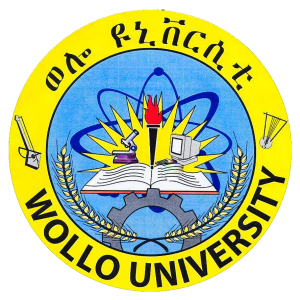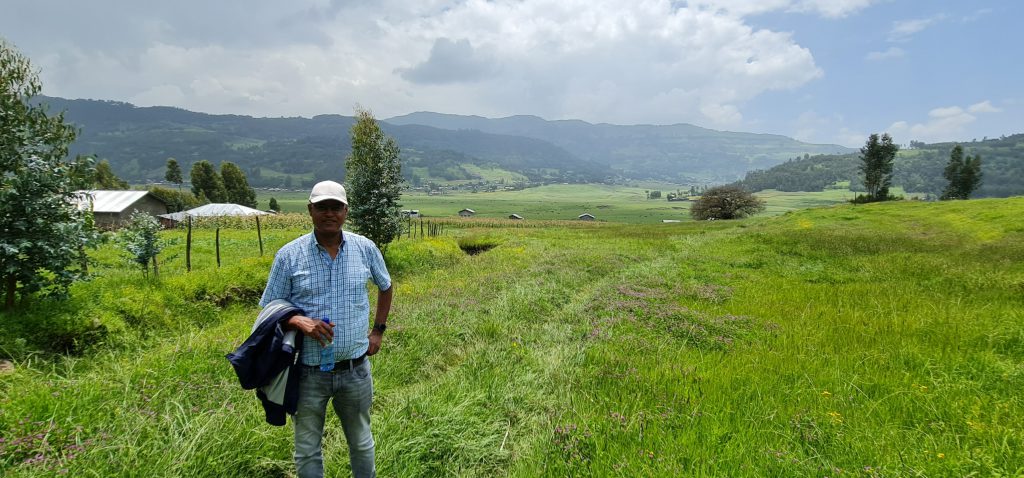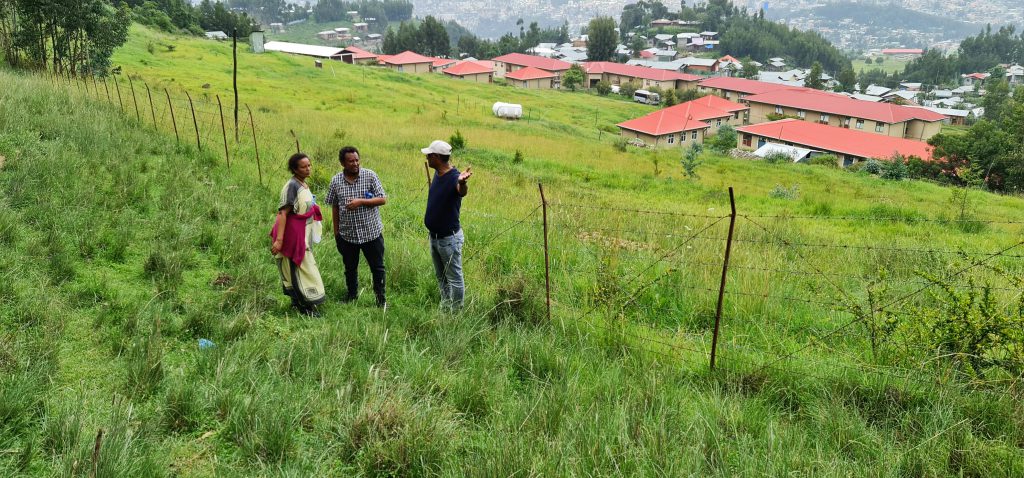
Piloting digital learning on agri-food business and environmental informatics in Ethiopia
Ethiopia is highly dependent on agriculture for its economy, as well as for the day-to-day subsistence of its citizens. Wollo University in Dessie has been one of the most ambitious in the country in testing learning solutions around agriculture and implementing projects aimed to prepare its graduates for the job market in key sectors, including agriculture.
Through a DP4D action with EUDiF, five Ethiopian diaspora professionals are helping Wollo University to develop its first digital curriculum on agri-food business and innovation technology. The global Covid-19 pandemic and national crisis have tested the capacities of the university and put many initiatives on hold. In the face of this, Wollo University, EUDiF and the team of diaspora professionals remain fully committed to offering post-crisis support and to tailoring said support to the current needs.

Programme of activities
The action's activities are split across four modules, including the development of the curriculum content, testing delivery and configuration of the new learning management system for the curriculum piloting.
Shortly after the action started, in October 2021, the conflict in northern Ethiopia reached Dessie and the university was severely damaged. This put the implementation process on hold for a period, during which the EUDiF team, diaspora professionals and university team explored different scenarios and elected to conduct the project in two self-contained phases, the first conducted remotely and second including on-site visits once the security situation improved.
The diaspora experts analysed the existing agri-food business curriculum and assessed needs with Wollo University. An upgrade proposal was submitted for consideration.
The diaspora experts developed the content of the course, its assessment methodology and a test delivery phase.
Two diaspora experts developed the content of the course, its assessment methodology and a test delivery phase.
Two diaspora experts developed the content of the course, its assessment methodology and a test delivery phase.
The diaspora experts conducted a test delivery of the course 1 with a focus-group of students and assessed the feedback.
The diaspora experts conducted a test delivery of the course 2 with a focus-group of students and assessed the feedback.
The diaspora experts will conduct the test delivery of course 3: Big data analytics for agricultural and environmental management.
Two diaspora experts conducted an assessment of needs regarding infrastructure, hosting and staff/user requirements for the learning management system to host the digital curriculum.
Together with Wollo University's ICT team, two diaspora experts installed the new LMS and configured the system to the specific needs of the university.
The diaspora expert team delivered a training for the Wollo University ICT staff on the newly installed LMS and prepared the system for the testing.
One diaspora expert held a specialised training at the Wollo University premises for the users of the new learning management system and prepared them for the test delivery.
The five diaspora experts will evaluate the test delivery of the three courses and assess the challenges, insights and recommendations for improvement.
EUDiF will facilitate the evaluation of the LMS jointly with the diaspora experts and determine the way forward with the university.
EUDiF and WU will jointly host a workshop with all involved parties to discuss the digital solutions and pilot of the curriculum, as well opportunities for replication.
The diaspora experts, diaspora experts and EUDiF will agree and prepare a practical roadmap for the adoption of new digital curriculum into the regular curriculum, based on lessons learnt from the pilot phase.


